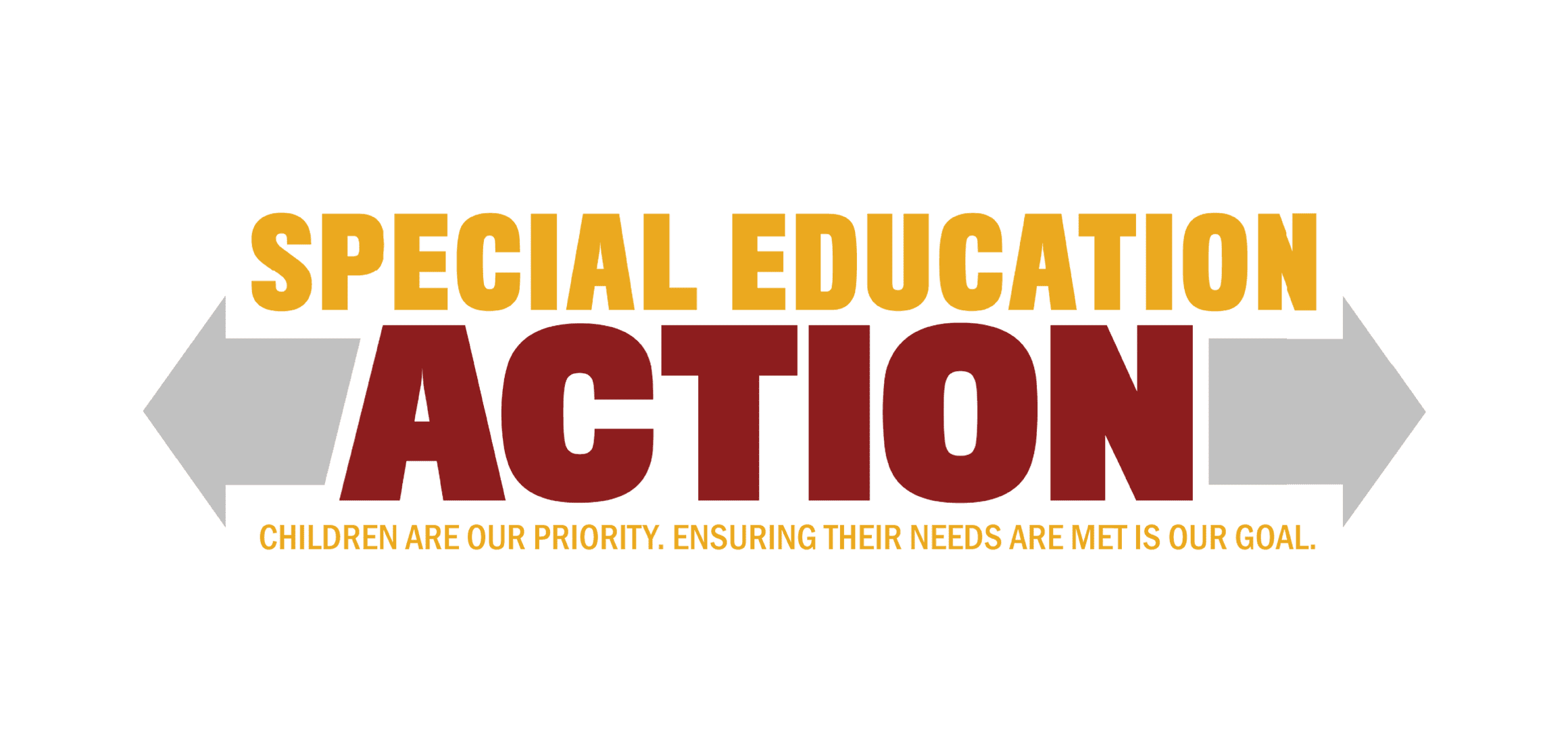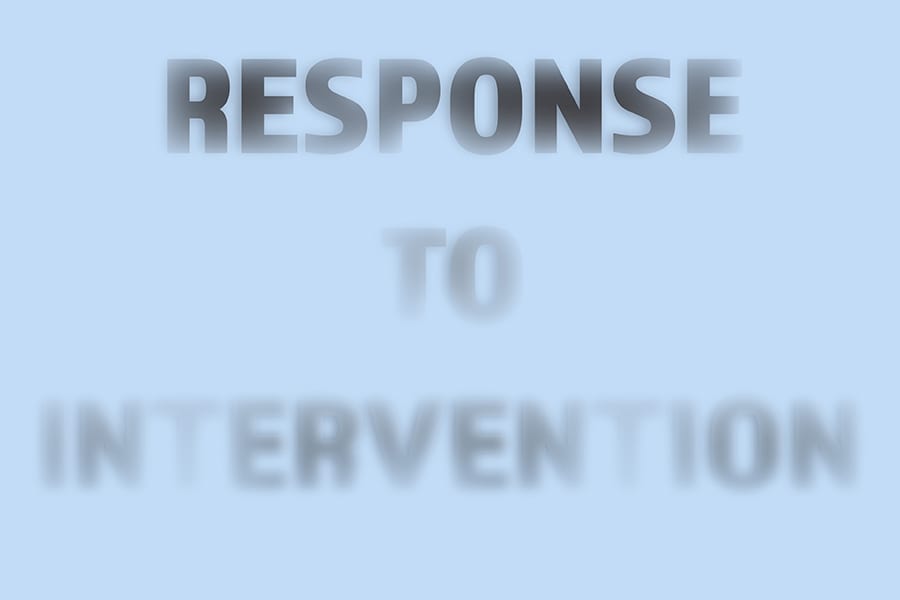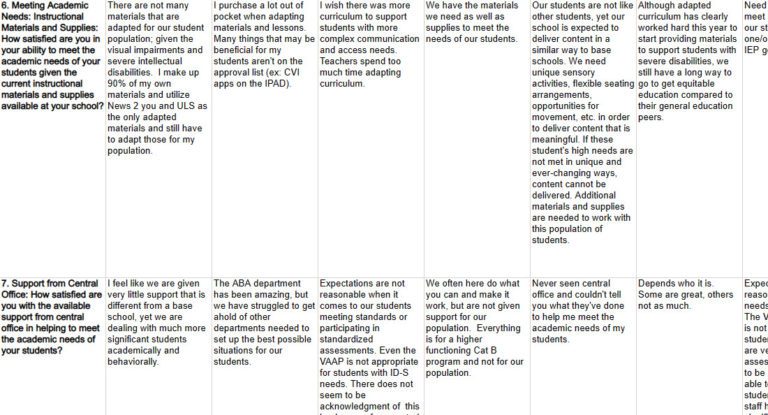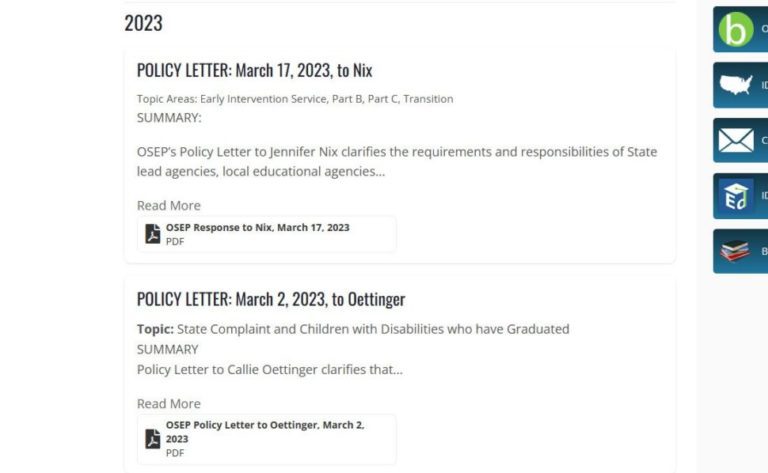
Special Education Action is a 501(c)3 nonprofit publisher covering special education.
Its mission is to ensure parents, educators, and students have the information and tools necessary to fully understand, address, and safeguard the unique needs of all students who require special education.
Recent Articles
A Response to Intervention Cannot Be Used To Delay Or Deny An Evaluation For Special Education Services
According to the U.S. Department of Education (USDOE), in its 1.29.19 Letter to Zirkel, “IDEA does not define RTI . . . RTI is only mentioned in IDEA when determining eligibility for specific learning disability. 20 U.S.C. § 1414(b)(6)(B) and 34 C.F.R. § 300.307(a)(2).”
However, the United States Department of Education has stated that, “States and LEAs have an obligation to ensure that evaluations of children suspected of having a disability are not delayed or denied because of implementation of an RTI.”
Fairfax County Students & Educators in Crisis; FCPS Delays Release of Damning Data
Data collected from a survey of administrators and staff at FCPS’s five day schools—Burke, Cedar Lane, Key Center, Kilmer School, Quander Road—indicates the schools are understaffed, under-resourced, and woefully unable to meet the academic, functional, and behavioral needs of their students. In addition, staff are struggling on a day-to-day basis with their workloads, while simultaneously being concerned about the safety of the students and of themselves.
Virginia Remains Outlier as U.S. Dept. of Education Announces Close-Out of Monitoring in Arizona, Delaware, Florida, Hawaii, and Arizona
USDOE announced monitoring of Hawaii in 2019; of Arizona, Florida, and Virginia in 2020; and of Delaware in 2021. USDOE closed out monitoring of four of the five states within one-to-three years.
In the case of Virginia, it is on track to take more than three years to come into compliance with Individuals with Disabilities in Education Act (IDEA).
U.S. Dept. of Education Issues Two New Policy Letters: Addresses Rights of Students Who Have Graduated & Implementation of Early Childhood Transition Requirements
POLICY LETTER: March 2, 2023, to Oettinger
POLICY LETTER: March 17, 2023, to Nix
Perez v Sturgis: Supreme Court Rules 9-0 in Favor of Michigan Student Who Was Denied Appropriate Special Education
Today, just two months after oral arguments were presented, Justice Gorsuch delivered the opinion of the Court, which had to decide 1) whether, and in what circumstances, courts should excuse further exhaustion of the Individuals with Disabilities Education Act’s (IDEA) administrative proceedings under Section 1415(l) when such proceedings would be futile, and 2) whether Section 1415(l) requires exhaustion of a non-IDEA claim seeking money damages that are not available under the IDEA.
The case was based on the experiences of Miguel Luna Perez, who was denied a Free Appropriate Public Education (FAPE) for years while attending Sturgis (Michigan) Public Schools (SPS). For 12 years, SPS advanced Miguel Luna Perez from grade to grade and inflated his grades to the point he repeatedly made honor roll, even though he couldn’t read or write—and then just before graduation told his family he would receive a certificate of completion but not a high school diploma.
Office for Civil Rights vs. Virginia Dept. of Ed: Two Agencies, Two Investigations, Two Very Different Outcomes, Part I
In 2022, Office for Civil Rights (OCR) found FCPS at fault for years-long systemic noncompliance, based on some of the very allegations filed in the 2020 systemic complaint.
What happened? How could VDOE make a finding of compliance in 2020, while OCR made a finding of noncompliance in 2022?
The answer: VDOE failed to investigate credible allegations of noncompliance and failed to comply with 300.152(4), which requires it to “review all relevant information and make an independent determination as to whether the public agency is violating a requirement of Part B of the Act or of this part”, and FCPS withheld information.





